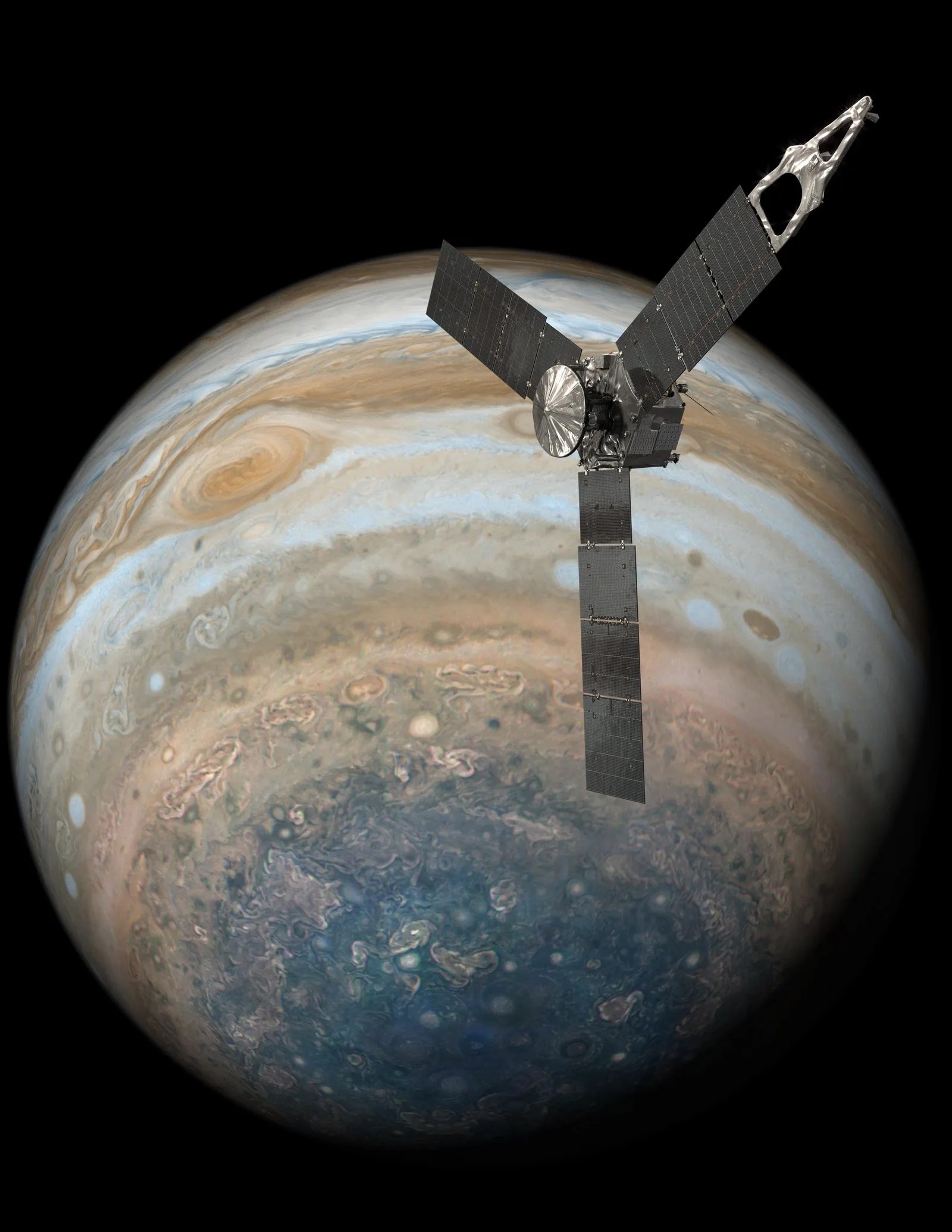Amendment 28: A.29 Earth Science Research from Operational Geostationary Satellite Systems Final Text and Due Dates.
A.29 Earth Science Research from Operational Geostationary Satellite Systems (ESROGSS) solicits scientific research using data from the new generation of operational geostationary satellites to achieve the following goals:
- Advance the understanding of changes in the Earth's radiation balance, air quality, and the ozone layer that result from changes in atmospheric composition
- Improve the capability to predict weather and extreme weather events
- Detect and predict changes in Earth’s ecosystems and biogeochemical cycles, including land cover, biodiversity, and the global carbon cycle
- Enable better assessment and management of water quality and quantity to accurately predict how the global water cycle evolves in response to climate change, and
- Improve the ability to predict climate changes by better understanding the roles and interactions of the oceans, atmosphere, land, and ice in the climate system.
ROSES-2022 Amendment 28 releases final text and due dates for A.29 ESROGSS. Notices of intent to propose are requested by August 2, 2022, and the due date for proposals is October 19, 2022.
On or about June 28, 2022, this Amendment to the NASA Research Announcement "Research Opportunities in Space and Earth Sciences (ROSES) 2022" (NNH22ZDA001N) will be posted on the NASA research opportunity homepage at https://solicitation.nasaprs.com/ROSES2022 and will appear on SARA's ROSES blog at: https://science.nasa.gov/researchers/sara/grant-solicitations/roses-2022/
Questions regarding A.29 ESROGSS may be directed to Tsengdar Lee, at tsengdar.lee@nasa.gov, and Aaron Pina at aaron.pina@nasa.gov.




